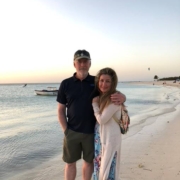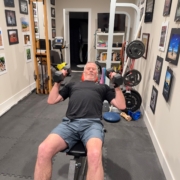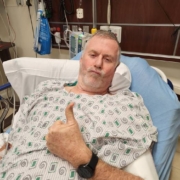Life is Like a Road Trip | Healthy Aging Series: S11 E13
Having a Kansas Moment I hate driving through Kansas. I can see many heads nodding in agreement. But I do love road trips. I’ve driven out to Colorado several times. Three times in one year during the pandemic. It took my back six months to heal up from those road trips. Why do I dread…












